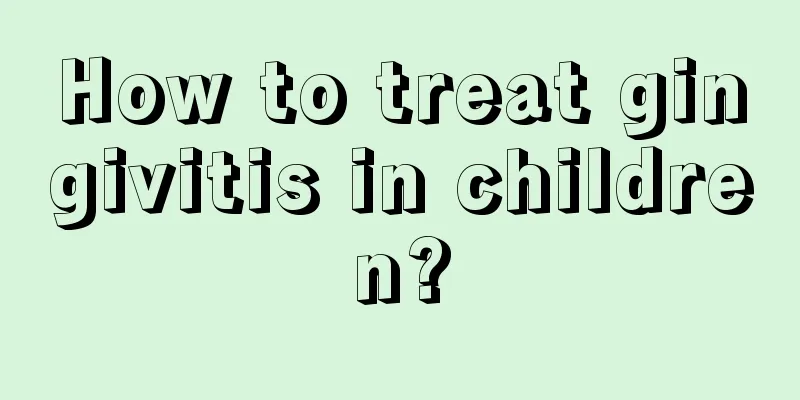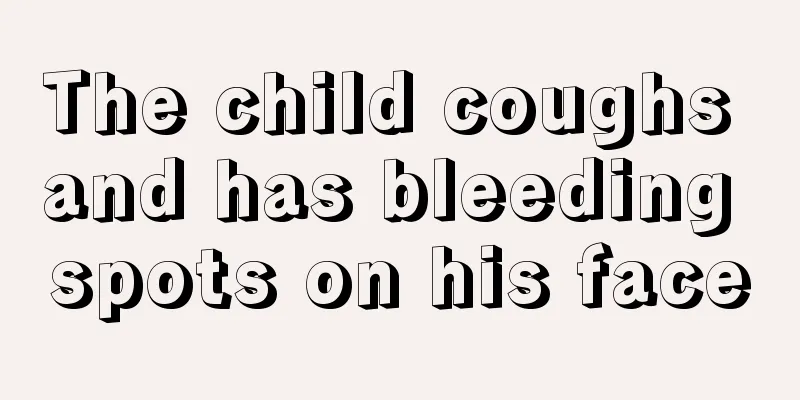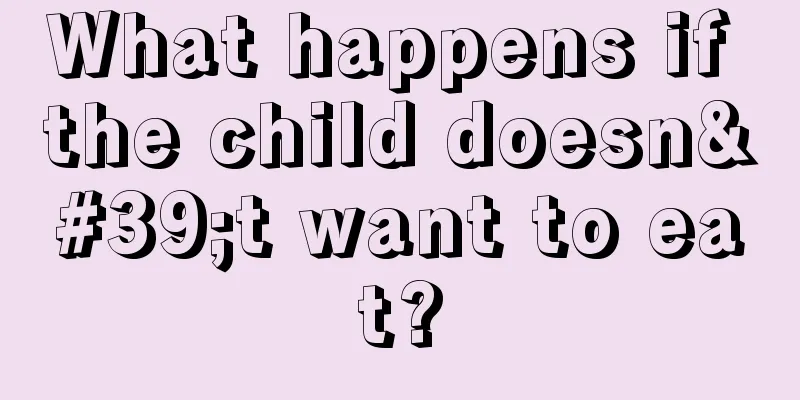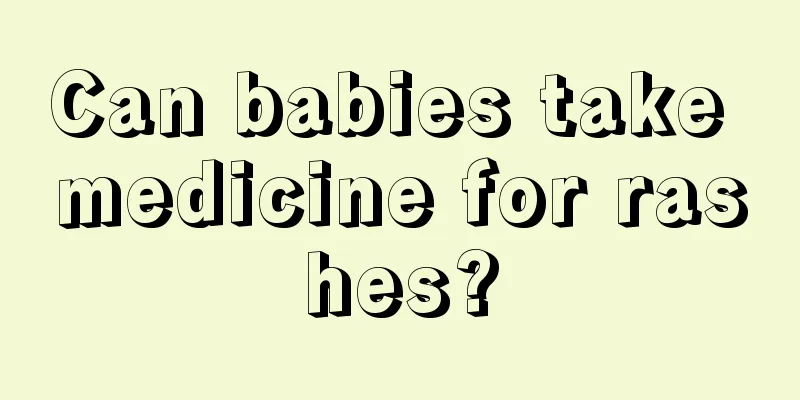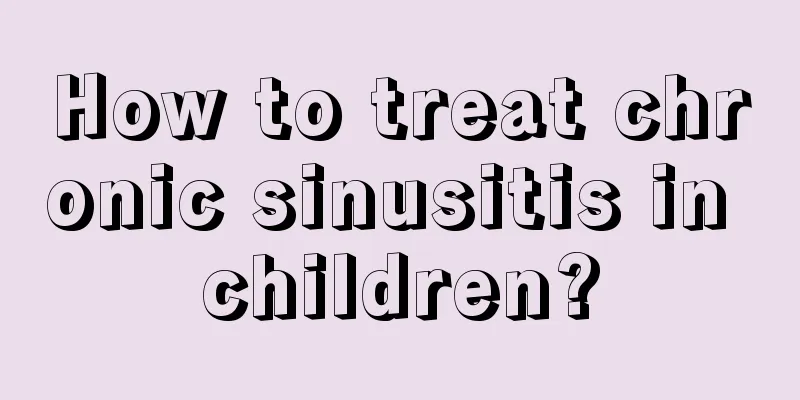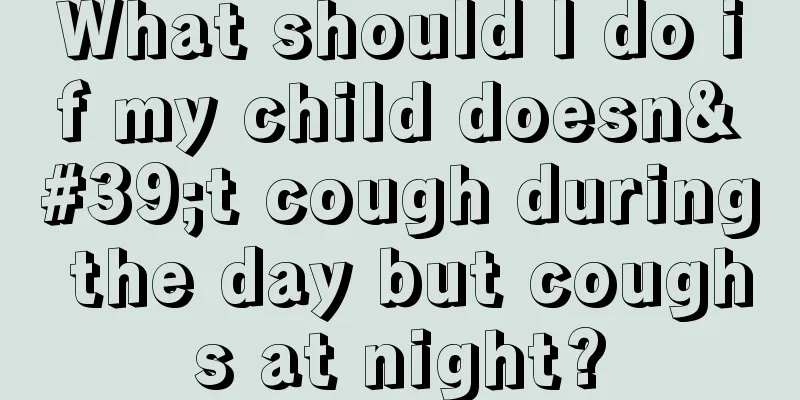What to do if your 12-year-old child is rebellious
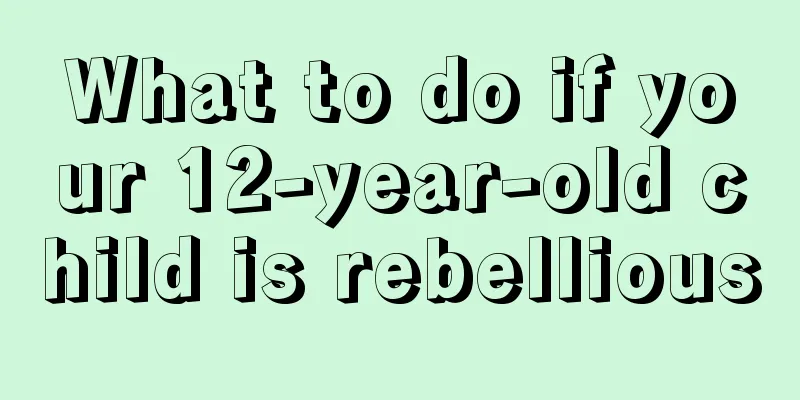
|
After children reach puberty, their bodies gradually mature and many children are spoiled too much, so they lack the awareness of distinguishing right from wrong. Rebellion during adolescence is also a very normal phenomenon. As long as parents guide and educate their children patiently, I believe their children will soon understand right from wrong. However, when it comes to educating children, parents must guide them as friends. Human development follows certain rules, and each generation should be better than the previous one. Parents raise their children based on a dual understanding of themselves and their children, and according to the laws of heredity and variation. Parents should be good teachers and friends to their children. Similarly, teachers have to be parents. They also had their youth and rebellious behavior. If parents or teachers can look back on their own youth and remember how they longed for independence and felt unbothered by the constraints, they will not easily "go against" their children's "rebellion" based on the attitude of "do not do to others what you do not want others to do to you". Instead, they will teach their children with their own growth experiences, walk with their children, and spend those beautiful youthful years together. Assimilation and gentleness should be the most common way for children to deal with their relationship with the surrounding environment during their growth, and it is also the most powerful ideological weapon for parents when facing their children's rebellious behavior. It would be best if parents could grasp their children's psychological dynamics and give appropriate advice or suggestions, strive to change their children's concepts, and the children could absorb them smoothly and achieve the assimilation goal. However, if the child is unable to understand the parents, or even becomes more rebellious, the parents should appropriately accommodate the child and analyze the real reasons behind his rebellious behavior so as to achieve timely communication and resolve the issue smoothly, thus turning hostility into friendship. The best way to educate adolescent rebellion, or the highest state and pursuit, is to do nothing and cultivate children's independent spirit. The reason why children are rebellious is that they feel that they have grown up but are still subject to the discipline and restrictions of their parents and teachers, and they are very unhappy. If the adults at this time are not good at learning new things, coupled with the natural generation gap, the children will be even more unwilling or even disdainful to obey their parents. Instead of doing this, as long as it is not too extreme, it is better to let the children face it by themselves, and parents can observe secretly without showing their feelings, and then generously help them when they encounter difficulties and seek help. This will not only cultivate the ability of children to solve problems independently, but also make them happy to adapt naturally. What's the best of both worlds? What's more, the relationship between parents and children or the friendship between teachers and students is further strengthened. Isn't it "doing nothing"? |
<<: What to do if your child has too much self-esteem
>>: What medicine should my child take if he has diarrhea and vomiting?
Recommend
At what age should you train your baby to urinate and defecate?
Many parents are very troubled by their children&...
What are the reasons for newborns to choke on amniotic fluid?
Newborn choking on amniotic fluid is a common cli...
What are twitching and shaking after falling asleep?
Twitching or shaking after falling asleep is a ve...
Can babies eat eggs when they have a cold?
Because babies are young, their immunity and resi...
How to treat a 2-month-old baby who can't sleep well
Every mother hopes for her child's healthy gr...
What should I do if my child has a urinary tract infection?
Many parents have reported that their babies have...
What causes nail shedding in children?
As children grow and develop, we often encounter ...
What should I do if my child has spots on his face?
Children also have the phenomenon of developing s...
Can children drink Coca-Cola?
Children's diet is the issue that parents nee...
What are the symptoms of zinc deficiency in babies?
In fact, in life, many babies have symptoms of zi...
How to treat constipation in 10-year-old children
Adults and the elderly are actually very prone to...
How to clean the nose of a full-month baby
A one-month-old baby is only about thirty days ol...
What are complicated febrile seizures in children?
The health of children in the family may directly...
Red blisters on baby's lips
It can be said that a child is a piece of flesh t...
Baby's stool has egg drop shape and mucus
In the process of caring for a baby, since the ba...
